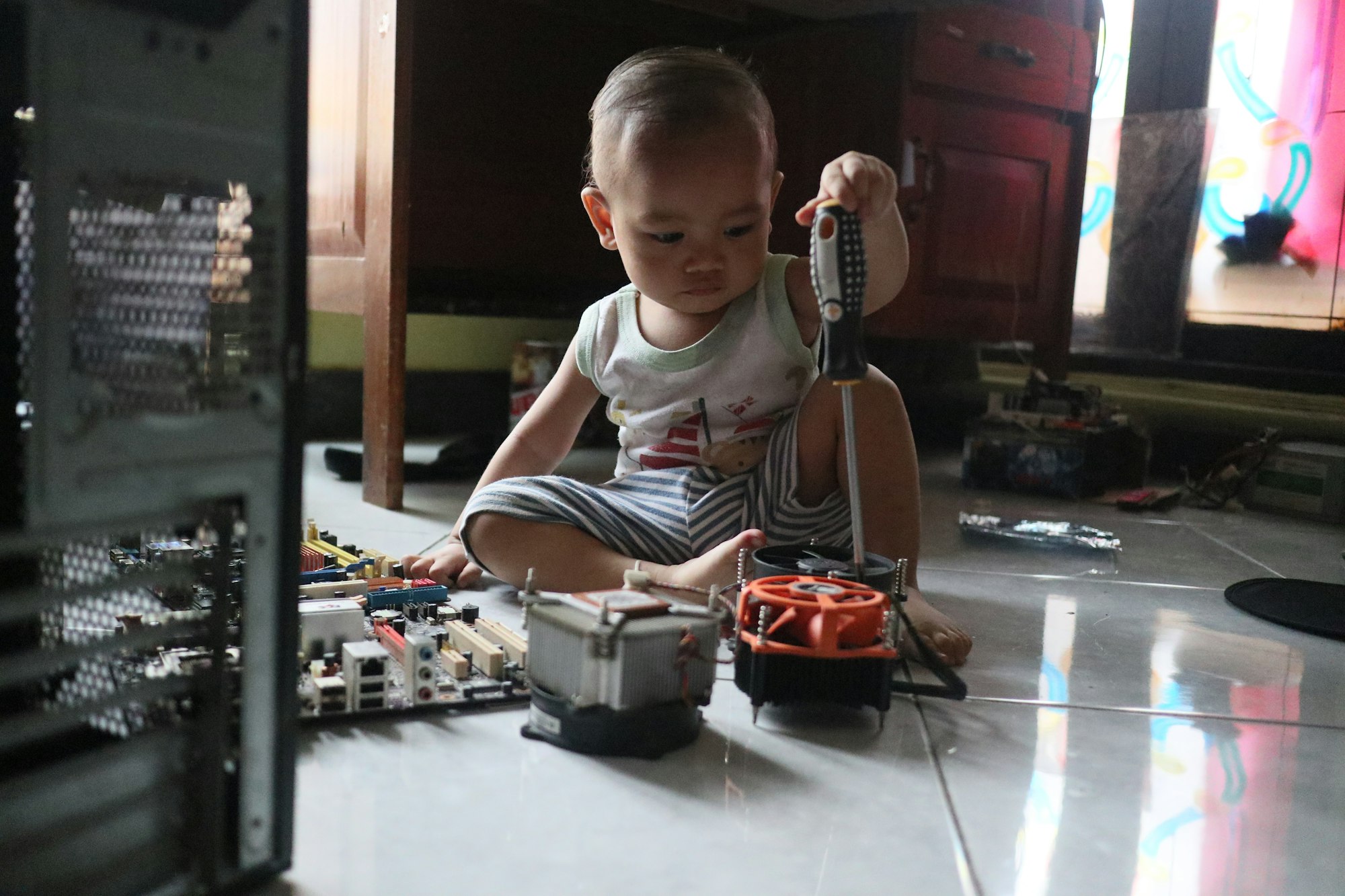
The advent of Artificial Intelligence (AI) has revolutionized many aspects of human life. Industries such as transportation, healthcare, entertainment, and even arts and literature have adopted AI technologies to improve efficacy and efficiency. Among other AI applications, AI writing has been a significant point of discussion. The prevalent misconception is that AI replaces human writers, which is far from reality.
In truth, AI doesn't write for you; it writes with you. It is a collaborative tool intended to assist and augment human creativity.
The Rich Potential of AI Writing
AI writing, or automated writing tools, utilize machine learning and natural language processing to generate written content. Companies such as OpenAI and IBM have already developed AI writing software solutions. The distinction to make here is that AI is not usurping the writer's role; it is facilitating it. AI is a convenient co-writer that helps you optimize your writing process.
Automation tools do an excellent job of performing repetitive tasks, eliminating redundancy. AI software can handle tone analysis, grammar checks, and sentence-structure optimizations with incredible accuracy. The human writer can focus on weaving a compelling narrative while leaving the editing and proofing to the AI.
AI can generate prompts or draft articles following the writer's style. This unique advantage helps when a writer encounters dreaded writer's block. AI tools can compare the writer's style from previous works and suggest a coherent continuation or invent a fresh creative prompt.
Another prominent advantage lies in AI's ability to analyze and present extensive data coherently. Whether generating a sports report based on game statistics or summarizing market trends, AI can perform these tasks at lightning speed and ensure grammatical precision.
The current climate further underscores the importance of AI in writing. The pandemic-driven remote work trend has strained companies to maintain the quality of content under a decentralized system. AI becomes a tool to standardize and regularize the content, promoting uniformity of language and style.
AI Writing: A Collaborative Future
The AI in writing is a solution for the impending content boom. The World Economic Forum predicts a fourfold increase in digital data by 2025. Companies, educational institutions, health sectors, government bodies – every entity must optimize and streamline the content production process. A robust collaboration between human touch and AI precision will be instrumental in achieving this futurist goal.
Individuals can capitalize on AI's potential, too. Suppose you are a student battling an academic essay, a blogger maneuvering through a complex article, or a novice writer penning down your first novel. In that case, AI writing tools can prove an invaluable assistant. It can correct grammatical errors, suggest better sentence structures, sweep away your redundancy, and help improve your overall writing skills.
With AI's capability to imbibe and learn the user's writing style, personalization of content can reach unprecedented heights. Personalized emails, product descriptions, social media posts – all of these can adapt to the reader's preference aided by AI's suggestions.
Understanding the Limitations and Misgivings
Despite the promising prospects, AI in writing is not an elixir for all troubles. There remains a pertinent concern about originality and human touch. AI is a mimic; it replicates human-like writing but lacks the emotive and intuitive perspective that a human writer brings. While it excels in technical, data-driven content, it may fall short with creative, thought-provoking write-ups that demand an inherently human touch.
Moreover, the concern about job displacement is an issue to address. People may fear job losses in industries where writing is primarily data summarization. However, it is crucial to realize that AI is not a robot writer to replace humans; it's a digital tool. Like every progressive technology, AI triggers new roles and opportunities. Instead of fearing obsolescence, we should focus on harnessing its full potential and pace together into the digitally literate future.
In Summary
AI, in writing, is a transformative technology – a supportive aid and not a human substitute. The goal is not ‘AI versus human.' The focus is on 'AI and human.' Collaboratively, AI can help us write better, write more, and write with a perceptive eye on the reader's expectations.
It is like a pair of digital training wheels that irradiate your writing path and help you become a better writer. When we reflect on this intersection of art and science, it is fascinating to witness how AI shapes writing's future. But even amid technological breakthroughs, the power of our creativity remains gracefully human.
https://bit.ly/3MtofVB
https://bit.ly/46WmXKb
https://images.unsplash.com/photo-1591772504183-7e2c6490cdd8?crop=entropy&cs=tinysrgb&fit=max&fm=jpg&ixid=M3wxMTc3M3wwfDF8c2VhcmNofDQ0fHxyb2JvdCUyMGh1bWFuJTIwdG9nZXRoZXJ8ZW58MHx8fHwxNjk3NTg3MTEyfDA&ixlib=rb-4.0.3&q=80&w=2000
https://guptadeepak.weebly.com/deepak-gupta/ai-a-collaborative-tool-in-writing-not-just-a-replacement


No comments:
Post a Comment